The Trident Iceni diesel sports car is claimed to be the fastest and most fuel-efficient car of its kind in the world.
The Iceni, launched alongside two other new Trident models, the Magna fastback and the Venturer estate, will go on sale in limited numbers with prices starting at £96,000.
All models are powered solely by a 6.6-litre V8 turbodiesel engine, which in standard form produces 424bhp and 950lb ft of torque. Upgrades are available, taking the car to 651bhp and 1057lb ft. Trident claims a top speed of over 190mph, but won’t be drawn on an actual figure yet.
The engine is connected to a six-speed automatic transmission, while other features include performance brake discs and calipers at the front and rear, with uprated shock absorbers and springs.
Inside, the Iceni features leather trim, sports seats and an integrated touchscreen with satellite navigation and a DAB radio, alongside numerous options as part of four upgrade packs.
Trident boasts a range of around 2000 miles for the Iceni running from a single tank of bio-diesel, as well as a combined return of around 68.9mpg.
Key to that range and to the Iceni's performance is its torque multiplication technology. Company founder Phil Bevan says his formula of low revs and increased torque should lead to improving fuel efficiency over normal performance cars: “These high-revving cars have become trendy but we all know that horsepower takes over from torque as it’s a crankshaft speed-related formula, and ours is based all on torque.
"We change gear at 3000rpm, so we have masses and masses of torque. Our standard car has 950lb ft at 3000rpm along with 424bhp. The most interesting thing is at 70mph we’re doing just 980rpm.”
If the design of the Iceni looks familiar, it’s because the car was shown was last seen at the Salon Prive show in 2012, although Bevan says that car was an early prototype: “We’ve been doing prototypes for nearly eight years. It’s perfecting our innovation of torque multiplication. And it’s been a tortuous route having to make our own gearbox and differential and make our own engine ECU to capitalise on the torque we are producing.
“In 2012 we wanted to see if people still liked the shape of the car, otherwise we’d have to change the shape before we put it to market.”
Bevan thinks that his potential customers will be no strangers to the high-end sports car market, saying: “Anybody that’s had a Jaguar XK is really in our price range.” Aside from poaching Jaguar customers, Bevan is also targeting Aston Martin DB9 owners.

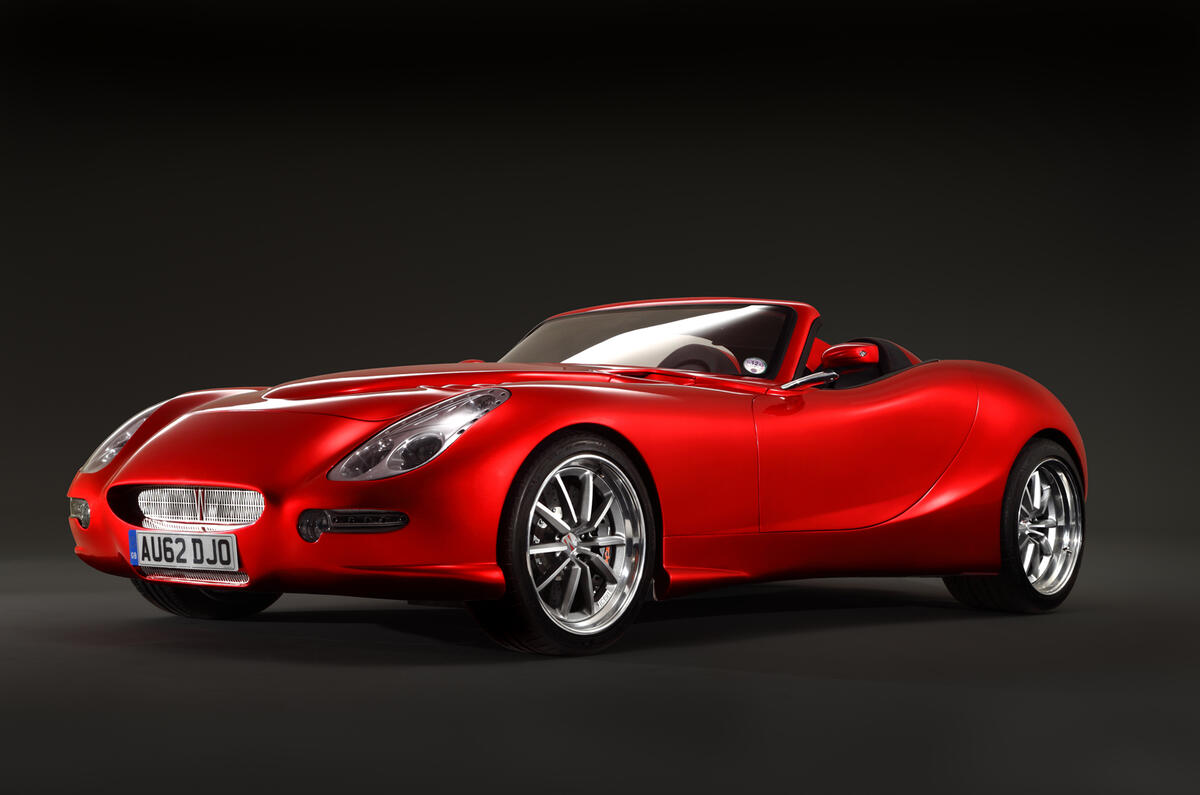
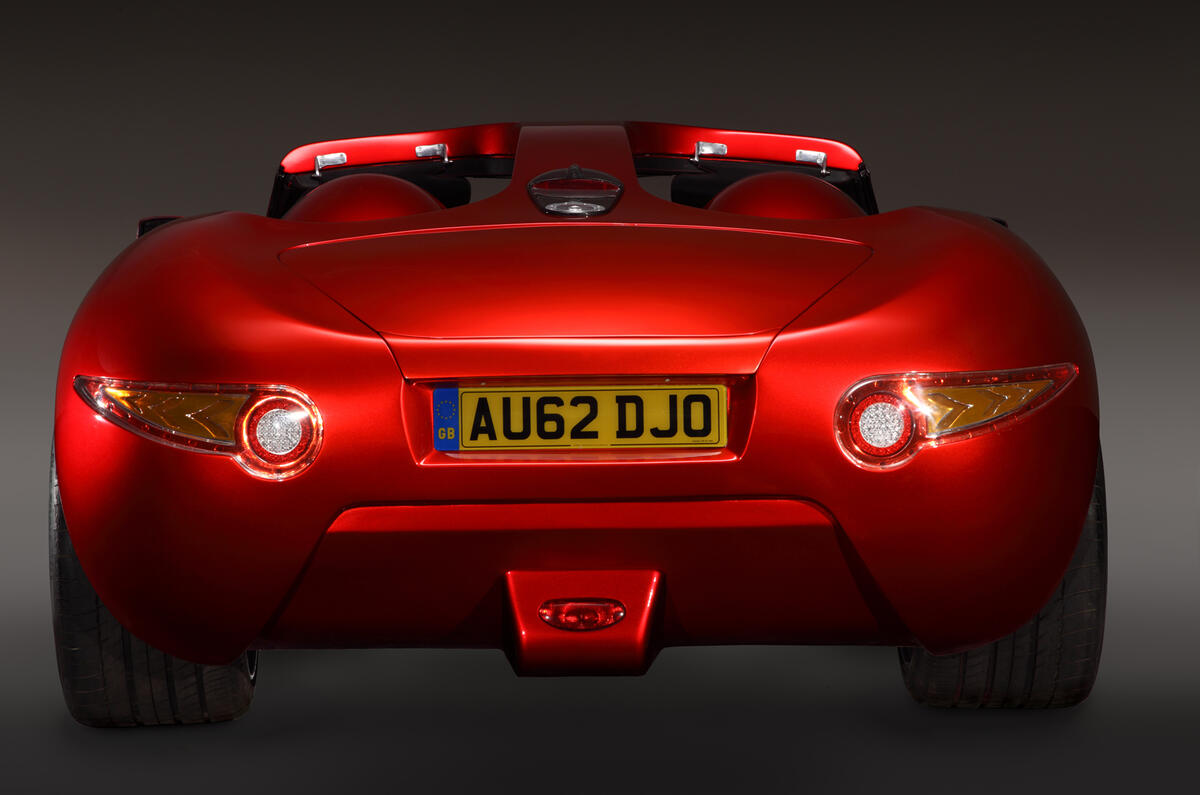
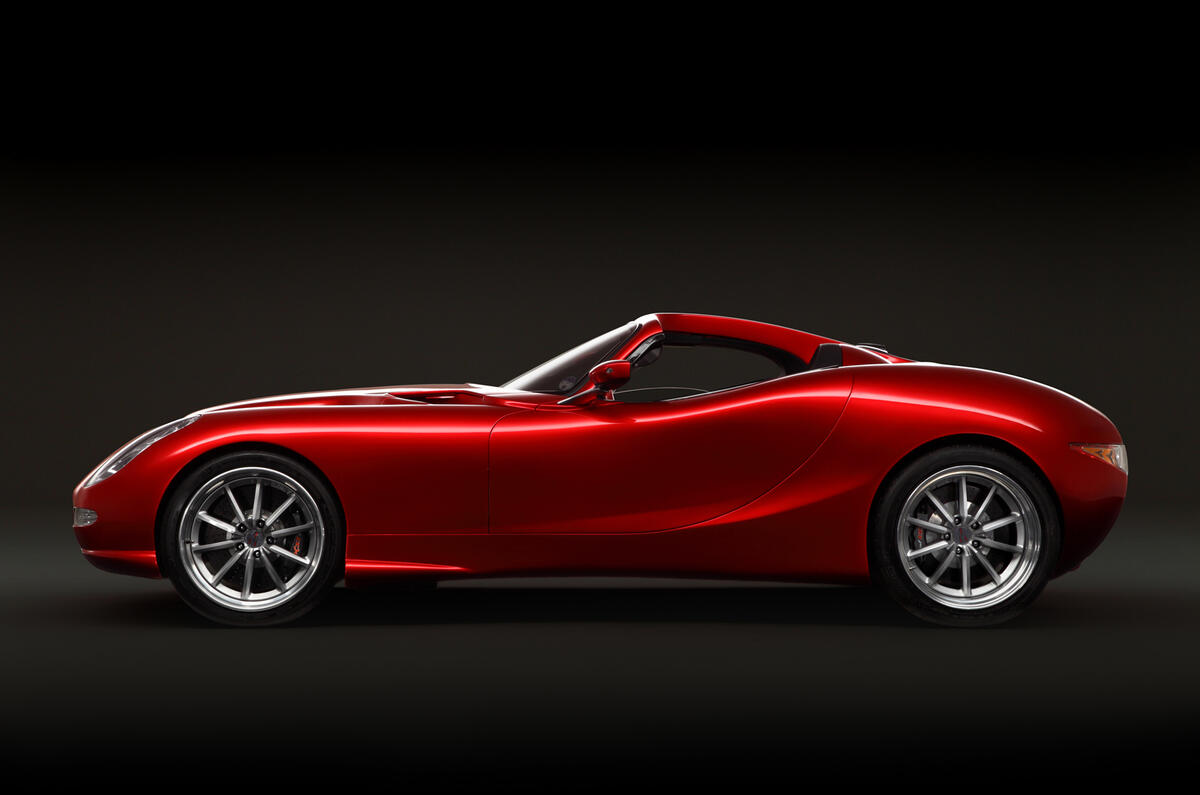
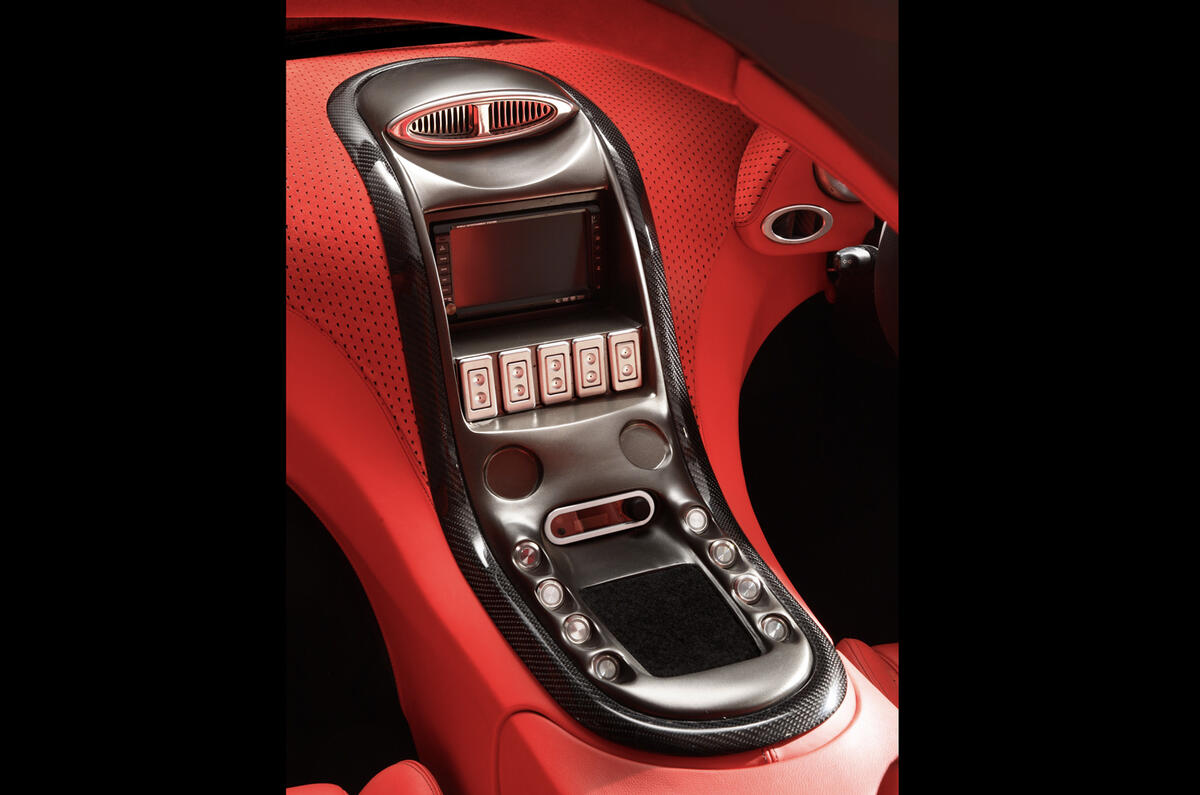
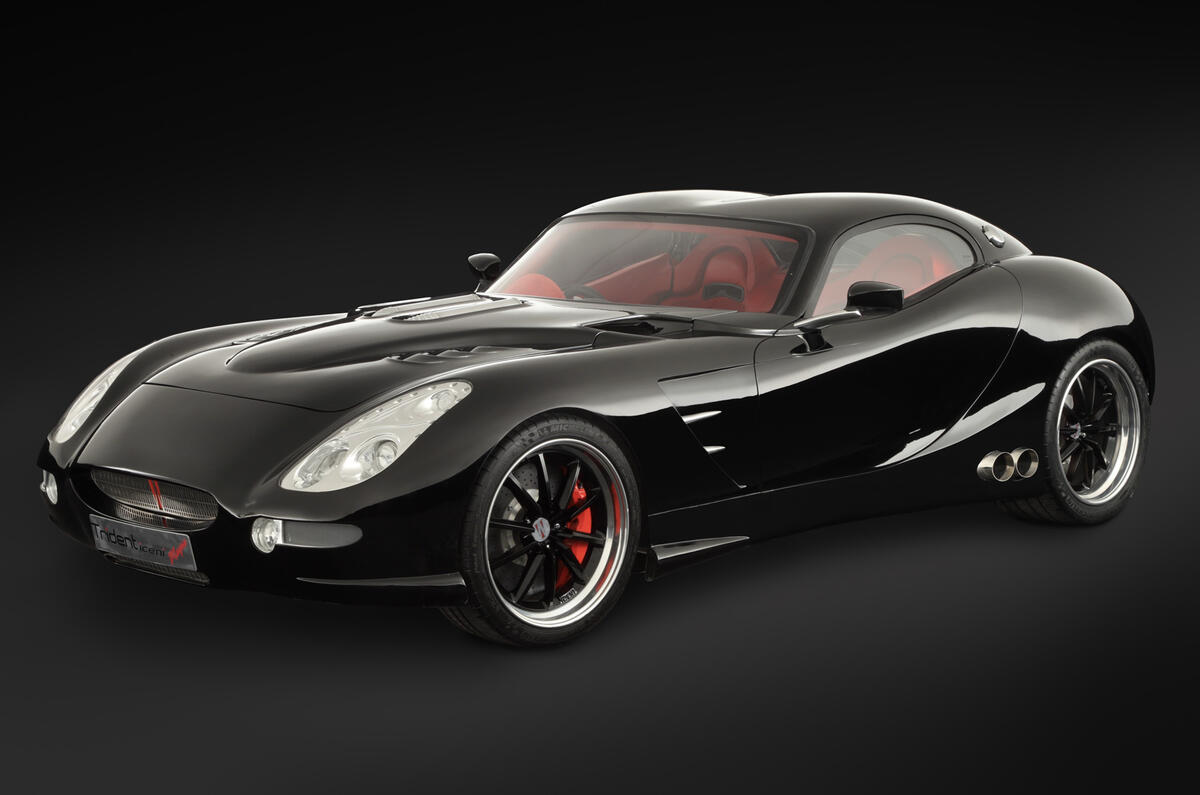
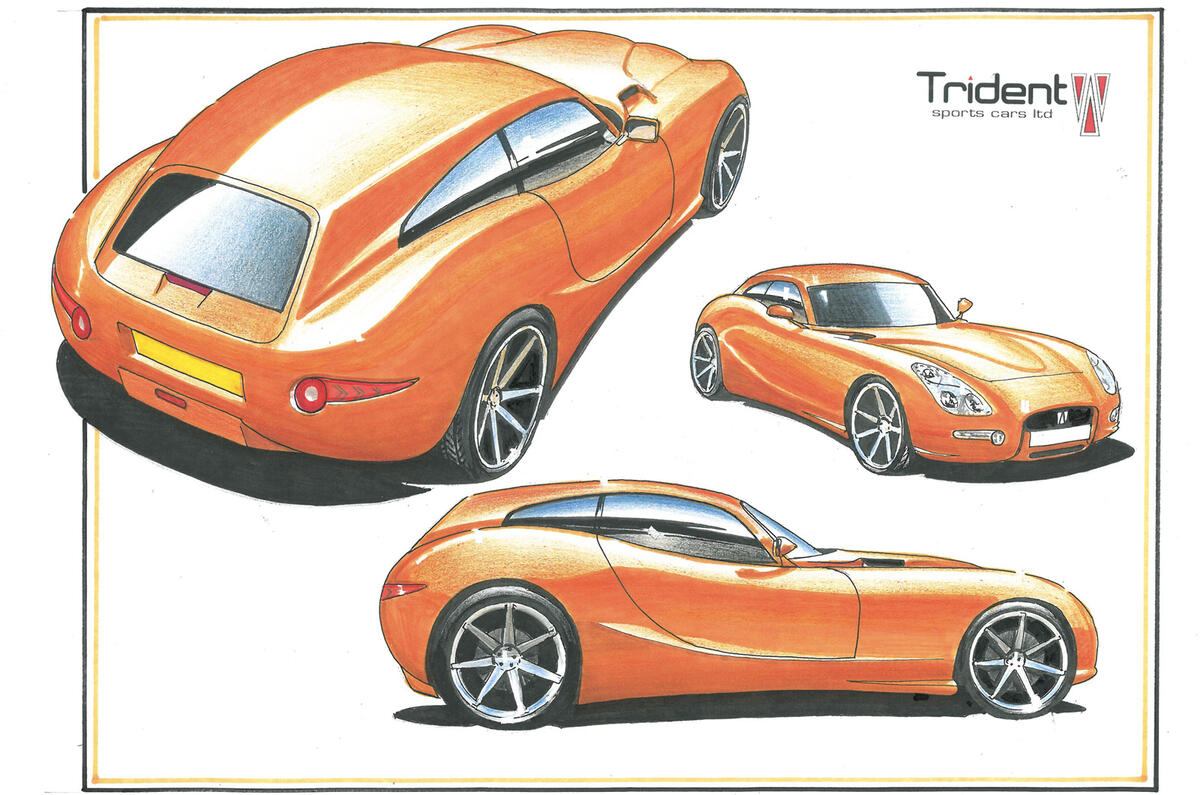
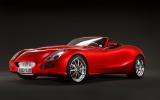
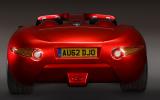
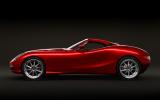
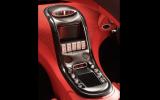
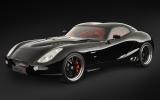
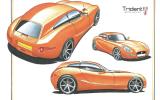



Join the debate
Add your comment
youre are entirely missing
We should be applauding
But....